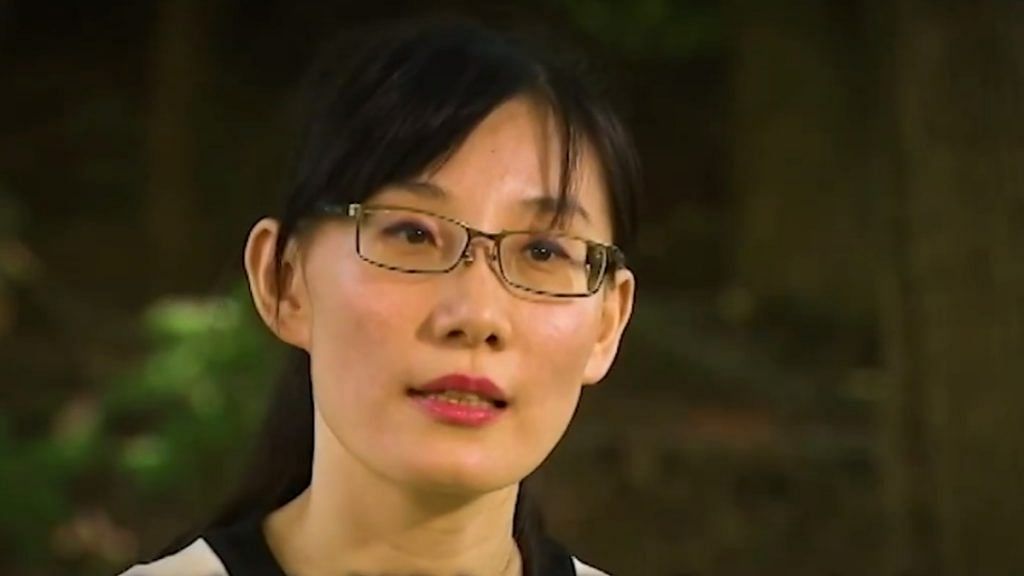New Delhi: A Hong Kong-based virologist has claimed that China knew about the deadly novel coronavirus well before it claimed it did.
In an interview to US-based Fox News published Friday, Dr Li-Meng Yan, who has specialised in virology and immunology at Hong Kong School of Public Health, claimed Chinese authorities knew about the deadly virus in December last year, but hushed it up.
Dr Yan even claimed that her own institute, which is affiliated with the World Health Organization (WHO), had asked her to stay silent about it.
In the interview, Yan said had China been transparent about the full dangers of the virus early on, then it would have helped the international community to understand and cope with the virus in a much better way.
Yan, who fled to the US in April, alleged if she had spoken up about the virus in China, she would have been killed and, hence, fled to the US, “to tell the truth of the origins of Covid-19 to the world”.
Covid-19 has affected over 12.5 million people worldwide and killed 5.6 lakh so far, according to data by Johns Hopkins University.
Also read: India is reopening its economy but millions of workers are staying at home
Supervisor asked her to keep quiet
Dr Yan, who was working at the WHO-affiliated laboratory on infectious diseases of Hong Kong School of Public Health, was asked by her supervisor, Dr Leo Poon, to investigate the cluster of SARS-like cases in Wuhan, China, in December.
She said she had to rely on her friends from the medical community for information as no expert from outside the mainland was allowed to visit the area.
She said one of her friends from the Centre for Disease Control and Prevention in China told her that the virus started spreading from human to human on 31 December, which was only confirmed by the WHO in January.
Even after reporting her findings to her supervisor, Dr Poon, who is an expert in the field, he allegedly did not raise alarm and asked her to continue her investigation.
Yan alleged he told her “to keep silent, and be careful” or all of them will be in trouble.
The WHO had said in a statement on 9 January that the virus can cause “severe illness in some patients but it does not transmit readily in people”.
Dr Yan further alleged that the co-director of the laboratory, professor Malik Peiris, knew about her findings, but did not do anything about it. Peiris is listed as an advisor of WHO’s International Health Regulations Third Emergency Committee for Covid-19.
“I already know that would happen because I know the corruption among this kind of international organisation like the WHO to China government, and to China Communist Party,” she said in the interview.
Yan claimed the Chinese government is now trying to tarnish her reputation, conduct cyber-attacks on her and intimidate her family in China.
Earlier, US President Donald Trump had accused China of covering up the Covid-19 pandemic and had even terminated the country’s WHO funding in May, saying it didn’t respond adequately to the pandemic.
China and WHO deny claims
Both China and WHO, however, have denied claims of a cover-up, according to Fox News.
WHO stated it has never worked with Yan, and Peiris has been on expert groups, but does not represent the organisation.
The Chinese embassy in the US said it did not have any information about Dr Yan, adding that it handled the pandemic swiftly and effectively.
The University of Hong Kong, meanwhile, said Dr Yan is not a staff member of the university, and has removed her page from its website.
Also read: How to reopen a country in lockdown? US looks to South Korea, Vienna for ideas
